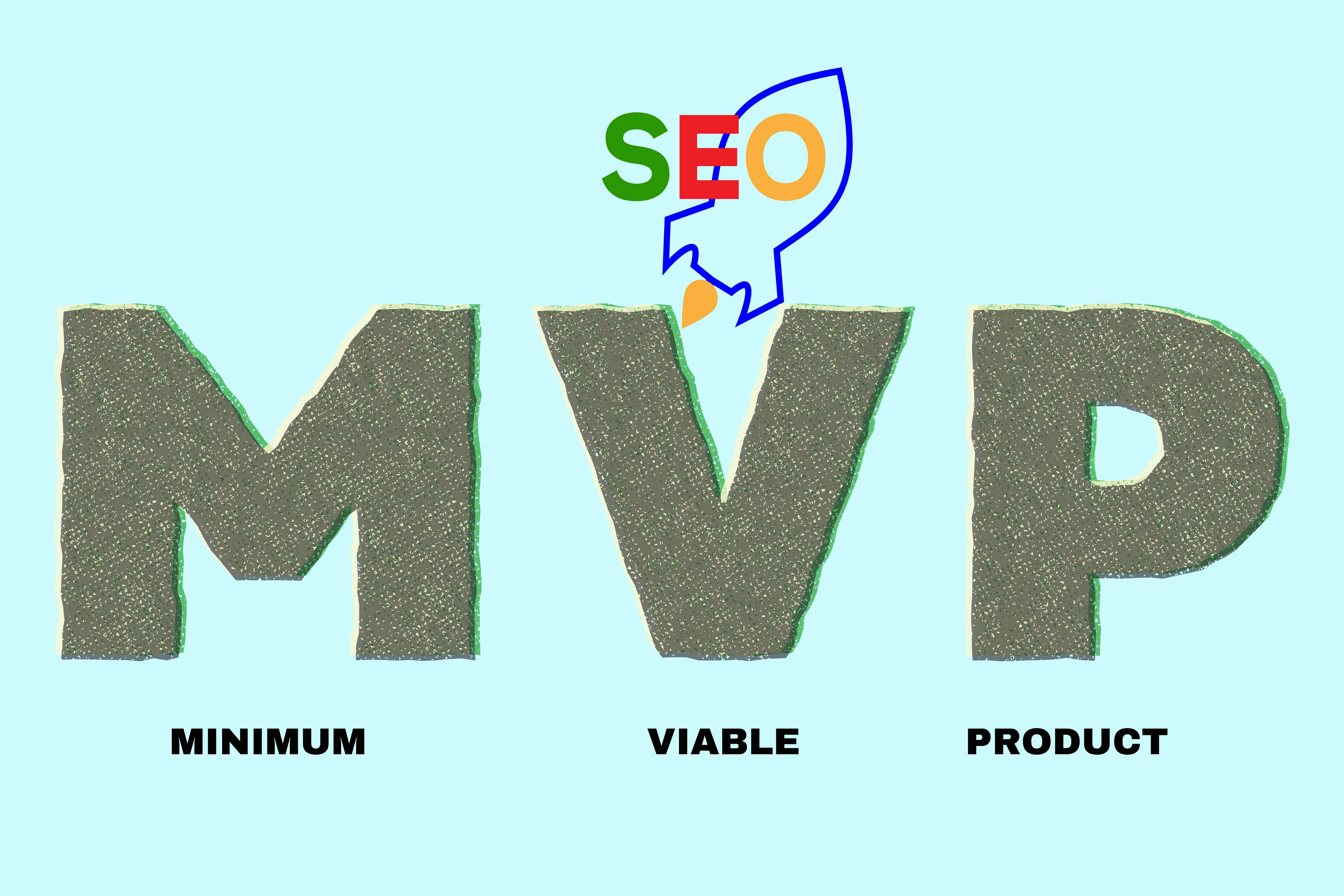Table of Contents
- Introduction
- Why SEO is Crucial for Your MVP
- Actionable SEO Tips for Developing Your MVP
- Latest SEO Trends to Consider for Your MVP
- Conclusion
- About Don Hesh SEO
Introduction
Creating a Minimum Viable Product (MVP) is a vital step for startups and entrepreneurs aiming to validate their business ideas with minimal resources. However, building an MVP isn’t just about developing a product with basic features; it’s also about ensuring that the product reaches your target audience. This is where Search Engine Optimization (SEO) comes into play. Integrating SEO into your MVP strategy from the outset can significantly enhance your online visibility, attract potential customers, and provide critical insights for product improvement.
This article will explore why SEO should be a key consideration in your MVP development process, offering actionable tips and highlighting the latest trends to ensure your MVP is optimized for success.
Why SEO is Crucial for Your MVP
When launching an MVP, your primary goals are to test your business idea, attract early users, and gather feedback for future improvements. SEO plays a crucial role in this process by helping your MVP gain visibility in search engine results. Without proper SEO, your product might not reach its intended audience, making it difficult to gather the data and feedback you need to iterate and improve.
Effective SEO can help you:
- Increase online visibility: By optimizing your MVP for relevant keywords, you can attract organic traffic to your site.
- Build credibility: A strong online presence, bolstered by SEO, can enhance your brand’s reputation and credibility.
- Gain insights: SEO analytics tools can provide valuable data on user behavior, preferences, and pain points, helping you refine your MVP.
Actionable SEO Tips for Developing Your MVP
1. Conduct Keyword Research Early
Before you start building your MVP, conduct thorough keyword research to understand what potential customers are searching for in your niche. Use tools like Google Keyword Planner, SEMrush, or Ahrefs to identify keywords with high search volumes and low competition. Integrating these keywords into your MVP’s content, meta tags, and URLs can improve your search engine rankings and drive organic traffic to your site.
2. Build an SEO-Friendly Website Structure
The structure of your website plays a significant role in how search engines crawl and index your content. Ensure that your MVP website has a clear, logical structure that is easy for both users and search engines to navigate. Use descriptive URLs, organized categories, and an XML sitemap to enhance your site’s crawlability and improve its search engine ranking.
3. Focus on High-Quality, Relevant Content
Content is king in the world of SEO. Create high-quality, relevant content that addresses the needs and pain points of your target audience. Whether it’s blog posts, landing pages, or product descriptions, your content should be informative, engaging, and optimized with the keywords identified during your research. Regularly updating your content with fresh information can also help improve your site’s SEO performance.
4. Optimize for Mobile
With more people accessing the internet via mobile devices, it’s essential to ensure that your MVP is mobile-friendly. Google’s mobile-first indexing means that the mobile version of your site is considered the primary version, so a poor mobile experience can negatively impact your search rankings. Use responsive design, fast load times, and easy-to-navigate layouts to optimize your MVP for mobile users.
5. Leverage Analytics from the Start
SEO is an ongoing process that requires constant monitoring and adjustment. From day one, use analytics tools like Google Analytics, Google Search Console, and others to track your MVP’s performance. Monitor metrics such as organic traffic, bounce rate, and conversion rates to identify areas for improvement and adjust your SEO strategy accordingly.
Latest SEO Trends to Consider for Your MVP
1. Voice Search Optimization
As voice search becomes more prevalent, optimizing your MVP for voice queries can give you a competitive edge. Focus on long-tail keywords and natural language phrases that people are likely to use in voice searches. This approach can help you capture traffic from users who prefer using voice-activated search tools like Siri, Google Assistant, and Alexa.
2. User Experience (UX) and Core Web Vitals
Google’s Core Web Vitals, which measure the quality of the user experience on your site, are now a key ranking factor. Ensure that your MVP provides a seamless user experience by focusing on aspects such as page load speed, interactivity, and visual stability. A positive UX not only improves your SEO but also increases user satisfaction and engagement.
3. AI and Machine Learning in SEO
Artificial intelligence (AI) and machine learning are becoming increasingly important in SEO. Tools like Google’s RankBrain use AI to interpret search queries and determine the most relevant search results. To optimize your MVP for AI-driven search engines, focus on creating high-quality, relevant content that addresses user intent and provides value.
Conclusion
Incorporating SEO into your MVP strategy from the beginning is essential for maximizing your online visibility, attracting potential customers, and gathering valuable feedback. By following the actionable tips and staying up-to-date with the latest SEO trends, you can ensure that your MVP is well-optimized for search engines and poised for success.
About Don Hesh SEO
Don Hesh SEO is a leading SEO consultant and Google Ads consultant dedicated to helping businesses enhance their online presence and drive organic traffic. Our expertise in AI-driven SEO strategies ensures that your business stays ahead of the competition. Partner with SEO Sydney to leverage the latest AI technologies and achieve your SEO goals efficiently and effectively.



